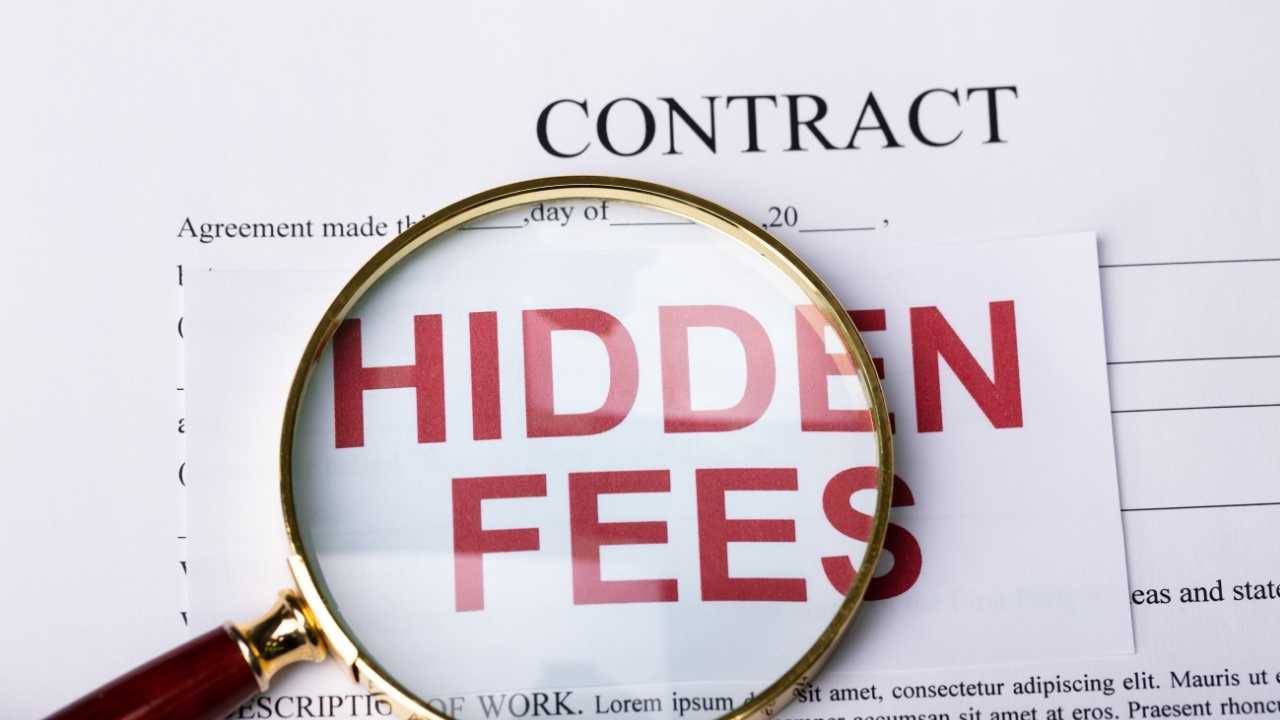Did you know a single property in Trumbull County, Ohio, sold three times in 2024 for wildly different prices? One buyer paid $50,000 more than the previous sale just months earlier! Knowing how to check a property’s sale history and ownership in Trumbull County can save you thousands. It also reveals hidden truths. In 2025, with new tax laws and market shifts, this knowledge is more critical than ever.
Let’s dive into the step-by-step process, insider tools, and recent policy changes. This will help you uncover Trumbull County’s property secrets like a pro.
Why Check Property Sale History and Ownership?
A property’s past tells a story. Sale history reveals price trends, while ownership records confirm who holds the deed. This info empowers you to:
- Avoid overpaying: Spot if a seller’s price aligns with recent sales.
- Uncover red flags: Frequent sales or liens might signal issues.
- Negotiate smarter: Use historical data to justify your offer.
- Plan investments: Track market trends for profitable flips.
In Trumbull County, where the average home value sits at $142,300 and property taxes average 1.37%, these insights are gold for buyers, sellers, and curious locals alike.
Step 1: Start with the Trumbull County Auditor’s Property Search Tool
The Trumbull County Auditor’s Office is your first stop. Their upgraded 2025 online portal offers free, user-friendly access to property records. Here’s how to use it:
- Visit trumbullcountyauditor.org.
- Click “Property Search” from the menu.
- Enter the property address, parcel number, or owner’s name.
- Review results for ownership details, assessed values, and tax history.
Pro Tip: “The Auditor’s tool now includes GIS mapping, letting you visualize property boundaries and zoning,” says Auditor Martha C. Yoder. This feature is perfect for spotting land use trends.
What You’ll Find
- Ownership Records: Current and past owners, deed transfers.
- Sale History: Sale dates, prices, and buyer/seller names.
- Tax Data: Assessed values, payment history, and delinquent taxes.
- Property Details: Size, type (residential, commercial), and condition.
Trumbull County Auditor Tool Features
| Feature | Benefit |
|---|---|
| Search by Address | Pinpoint exact property details |
| Owner Name Search | Track properties owned by one person |
| GIS Mapping | Visualize zoning and boundaries |
| Tax Payment History | Spot unpaid taxes or liens |
Step 2: Dig Deeper with the Trumbull County Recorder’s Office
For detailed legal documents like deeds and mortgages, visit the Trumbull County Recorder’s Office. They index records by owner name, date, and type of document.
- How to Access: Visit co.trumbull.oh.us or stop by their office at 160 High Street NW, Warren, OH.
- What’s Available: Deeds, liens, plats, and UCC filings.
- Cost: Online searches are free; certified copies may have fees.
Why It Matters: A deed confirms ownership transfers, while liens reveal financial claims against the property. In 2025, Ohio’s new lien disclosure law requires sellers to report outstanding liens upfront, protecting buyers.
2025 Policy Update
Ohio’s Revised Code now mandates digital indexing of all recorder documents by July 2025. This makes Trumbull County’s online records more accurate and accessible than ever.
Step 3: Check Historical Sales with Third-Party Platforms
For a broader view of sale history, use trusted third-party sites like:
- Zillow: Offers recent sale prices and market trends.
- Realtor.com: Lists historical sales and neighborhood comps.
- NETR Online: Aggregates public records for Trumbull County.
Caution: “Third-party data can lag behind county records,” warns a local realtor. Always cross-check with the Auditor’s site for accuracy.
Quick Comparison List
Every 300 words, let’s break things up. Here’s how official vs. third-party sources stack up:
- Auditor/Recorder: Most accurate, free, but limited to county data.
- Third-Party Sites: User-friendly, broader trends, but may have errors or paywalls.
Step 4: Understand 2025 Tax Changes Impacting Property Records
Trumbull County’s 2023 reappraisal, finalized in 2024, updated property values to reflect market changes. These values affect 2025 tax bills, due in February and July. Key updates:
- Reappraisal Cycle: Ohio law requires countywide updates every three years. The next is slated for 2026.
- Tax Rates: Average 1.37%, but varies by district. Check rates on the Auditor’s site.
- Appeal Process: If you spot errors in assessed values, file a complaint with the Board of Revision (BOR) by March 31, 2025.
Pullout Box: Appeal Tip
“Gather recent appraisals or comparable sales to strengthen your BOR case,” advises Auditor Yoder. Complaints filed in 2024 led to 15% of properties receiving value reductions.
Tax Installment Payment Plan (TIP)
New in 2025, the TIP program lets eligible taxpayers pay monthly instead of biannually. Apply through the Auditor’s office if you owe no delinquent taxes.
2025 Tax Impacts in Trumbull County
| Change | Impact on Owners |
|---|---|
| 2023 Reappraisal | Higher values may raise 2025 taxes |
| TIP Program | Flexible monthly payment option |
| BOR Appeal Deadline | File by March 31 to dispute values |
| New Lien Disclosure Law | Sellers must report liens upfront |
Step 5: Visit the Auditor’s Office for In-Person Research
If online tools don’t help, visit the Auditor’s office at 160 High Street NW, Warren. It’s open Monday–Friday, 8:30 AM–4:30 PM. Staff can help with:
- Complex Searches: Properties with multiple owners or unclear deeds.
- Historical Records: Pre-digital sales not online.
- Public Records Access: Free access to physical archives.
Local Insight: In 2025, the office started a “Property Research Workshop” series. It teaches residents how to use records. Call (330) 675-2420 to sign up.
Common Pitfalls to Avoid
Trumbull County’s real estate market is lively, but mistakes can cost you. Be careful of:
- Skipping Recorder Checks: Missing liens can ruin purchases.
- Trusting Third-Party Data Blindly: Always check with county sources.
- Ignoring Tax History: Delinquent taxes can transfer to new owners.
- Missing Appeal Deadlines: File BOR complaints by March 31, 2025.
Another Quick List
- Cross-check all data with official county records.
- Save screenshots of search results for your records.
- Consult a title company for major purchases to confirm clear ownership.
Real-Life Scenario: A Trumbull County Success Story
In 2024, Sarah, a Warren resident, used the Auditor’s tool to check a home on Maple Rd. She found it sold for $120,000 six months earlier but was listed for $170,000. With this info, she negotiated the price down to $135,000, saving $35,000. “The Auditor’s site was a game-changer,” Sarah says. “I felt confident making an offer.”
FAQs: Your Burning Questions Answered
Q: How far back do Trumbull County sale records go?
A: Online records usually cover 20–30 years; older data needs in-person research.
Q: Are property searches free?
A: Yes, Auditor and Recorder online tools are free. Third-party sites might charge.
Q: Can I find liens or foreclosures?
A: Yes, check the Recorder for liens and the Auditor for foreclosure details.
Final Thoughts: Empower Your Property Journey
Finding a property’s sale history and ownership in Trumbull County is easier in 2025. With the Auditor’s online tools, Recorder’s legal records, and new tax policies, you’re ready to make smart choices. Whether you’re buying a dream home, investing in rentals, or just curious, these steps save time, money, and stress.
Begin your search today at trumbullcountyauditor.org and uncover secrets in Trumbull County’s property records. What will you find?




